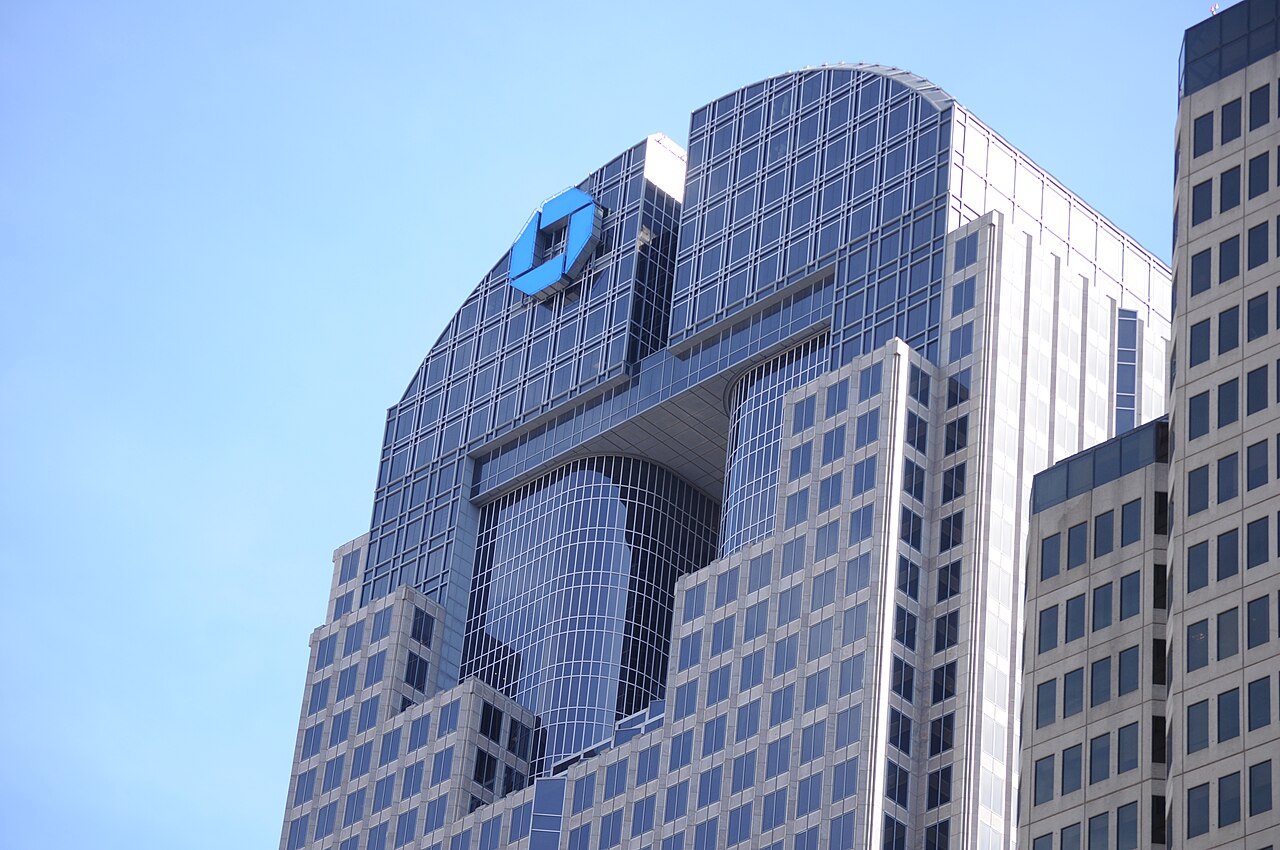August 2025 — New York, NY
In a landmark move for climate finance, J.P. Morgan has arranged a $210 million credit facility for U.S.-based Chestnut Carbon, marking one of the first large-scale project finance transactions in the voluntary carbon market. The deal is underpinned by a 25-year, 7-million-ton carbon credit offtake agreement with Microsoft, positioning Chestnut’s afforestation initiatives as investable, bankable assets.
💰 Financing Nature-Based Carbon Removal
The facility provides Chestnut Carbon with the capital needed to accelerate its afforestation efforts across the southeastern United States. According to Greg Adams, Chief Financial Officer at Chestnut,
“This facility not only accelerates our carbon removal initiatives, but also establishes a replicable model for sustainable finance in the voluntary carbon sector”.
The financing structure leverages long-term carbon credit supply contracts to reduce capital costs and attract broader investor participation. It is seen as a transformative model that could unlock scalable funding for nature-based climate solutions.
🌱 Project Scope and Environmental Impact
Chestnut Carbon’s afforestation projects focus on planting native tree species on unused farmland in states including Alabama, Arkansas, Mississippi, and Louisiana. The initiative aims to:
- Restore approximately 60,000 acres of degraded land
- Plant more than 35 million native trees
- Generate verified carbon credits to support corporate climate goals
- Improve biodiversity, soil health, and water quality
- Create rural employment opportunities through forestry and land management
🏦 A New Model for Carbon Finance
The transaction is notable for its use of non-recourse project finance, a structure traditionally reserved for infrastructure projects. By applying this model to afforestation, Chestnut and J.P. Morgan demonstrate how carbon removal can be treated as a stable, long-term investment.
Vijnan Batchu, Global Head of the Center for Carbon Transition at J.P. Morgan, stated:
“Providing this kind of financing gives developers the runway they need to succeed at an attractive cost of capital, allowing them to focus on delivering significant carbon projects and fulfilling contracts”.
🔄 Implications for the Voluntary Carbon Market
This deal signals growing confidence in the voluntary carbon market as a viable mechanism for climate mitigation. It also highlights the potential for private sector partnerships to scale environmental restoration and carbon sequestration.
As Microsoft and other corporations seek high-integrity carbon credits to meet net-zero targets, structured financing like this could become a blueprint for future climate investments.
You can explore more details in the full report from ESG News and Global AgInvesting.
Pictured: Top-of-JPMorgan-Chase-Tower-Dallas-Texas-On-Wikimedia-by-Joe-Mabel
